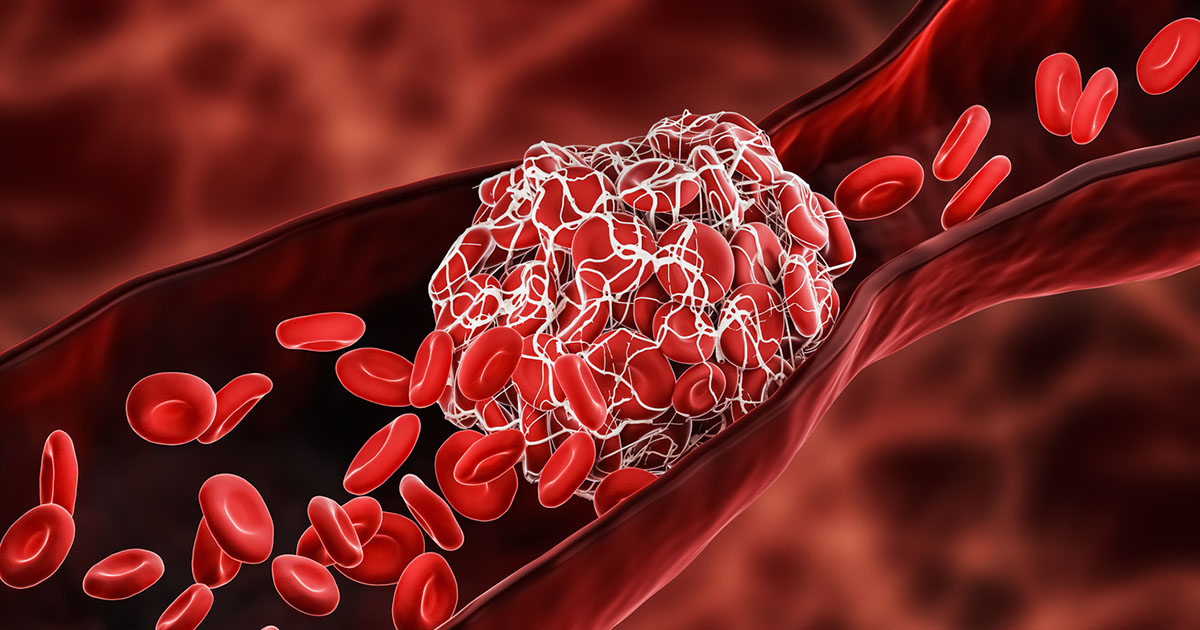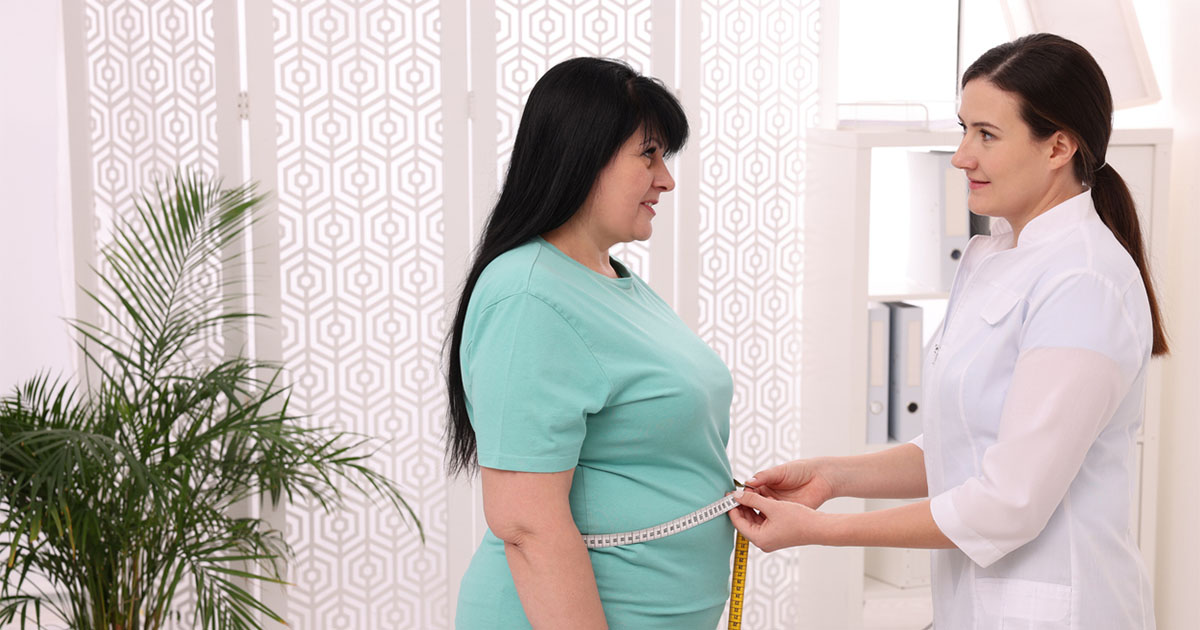At a recent diabetes conference I attended, delegates were sorted into professional groupings, placed in workshops and asked to consider the future direction of diabetes care. The diabetes specialist nurses reported back, concluding that they did not need consultant diabetologists or general practitioners in order to deliver diabetes care. This may have been somewhat tongue-in-cheek, but the chairman of the session, a local diabetologist, was noticeably upset, and vigorous debate ensued.
At the same conference, there were presentations about innovative schemes, which included training auxiliary nurses to give domiciliary insulin injections, and the use of pharmacists to undertake medication review for people with diabetes.
The changing professional roles
Professional roles are changing. Our clinical nurse assistant now undertakes many of the tasks traditionally assigned to the practice nurse. This is just as well, as the practice nurse is busy running clinics in diabetes, hypertension, asthma, menopause management, and contraception – as well as triage – all the work I used to do myself 20 years ago. I, in turn, am busy coping with traditional secondary care tasks that have been dumped in my primary care lap. That creates a theoretical vacuum in secondary care, which is filled with superspecialisms, and nervous diabetologists.
The best person for the job
There is a temptation to pronounce that ‘the job is best done by the person who can be suitably trained to do it’, but this is based on the rather trite assumption that a skills analysis has been undertaken, and that there is a clear understanding of each others professional roles. Piffle. It is to do with economics – the powers that be want the job done by the cheapest person. Well, why not extend the principle – get the domiciliary insulin injections done by the postman. He is generally around at that time of day, and with a couple of lectures from the pharmacist he could be up and running in no time, freeing the auxiliary nurse to do a few cardiac catheters.
What are the real issues involved?
There is more to this than elitism or professional defensiveness – there are issues of training, responsibility and accountability. It is not surprising there are fears voiced about deprofessionalisation and ‘dumbing down’.
Let the debate begin! I would like to hear from the hunters and the hunted. Meanwhile, I am off to do a ward round on the Intensive Care Unit (must remember to leave a note for the milkman about Mrs Jones’ warfarin adjustment).





Small increases in three lifestyle behaviours is effective in reducing all-cause mortality.
27 May 2025